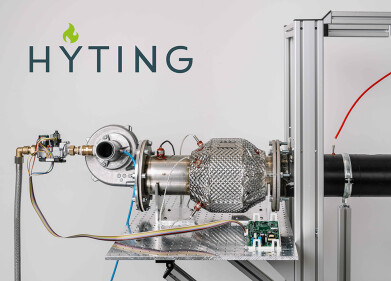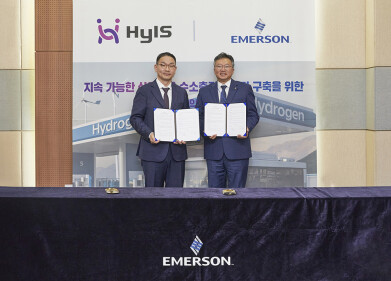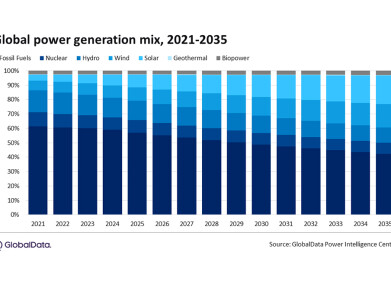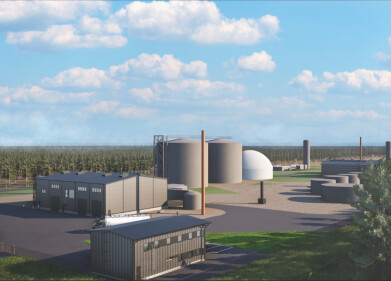Green Energy
Can Liquid Nitrogen Engines Help Tackle Air Pollution in Cities?
Apr 29 2016
A start-up firm based in London has claimed that using liquid nitrogen in its engines in place of diesel could dramatically reduce pollution levels in an urban environment. Dearman, founded by self-proclaimed “garden shed inventor” Peter Dearman, relies upon cryogenic technology instead of diesel-powered combustion engines and is suitable for both propulsion and cooling purposes.
In particular, Dearman is targeting the lucrative but contaminating refrigerated vehicle market, which numbers some 84,000 units in the UK alone. To date, he has raised a whopping £19.5m in venture capital and is looking to invest the sum in creating the liquid nitrogen units in time for commercial trials in the coming year.
The Dangers of Refrigerated Vehicles
With air pollution responsible for an estimated 400,000 deaths in Europe per annum, it’s clear that there is an urgent need to improve air quality and reduce transport-related pollution in the British Isles and abroad. While much of the focus on this subject tends to fall on cars, buses and taxis, the role played by refrigerated vehicles should not be underestimated.
All of the major supermarket chains in the UK employ a fleet around of as many as 3,500 refrigerated vehicles, while those companies which supply foodstuffs to offices, shops, cafes and delis can have a taskforce 6,000 strong. In total, it’s believed that UK is home to 84,000 of the refrigerated units, which emit as much pollution as 5.5m privately-owned diesel cars. Clearly, this overlooked area of the market poses a huge threat to air quality.
“These trucks come into our cities and streets every day and the fact that diesel drives these refrigeration systems means they are significantly polluting,” explained Dr Tim Fox of the Dearman company. “Governments have focused on reducing emissions from people’s cars but the evidence shows that this hidden polluter is disproportionately damaging air quality.”
Furthermore, the number of refrigerated vehicles is expected to increase exponentially over the coming years, with some experts predicting a rise of 2m to 17.5m units worldwide.
“If you imagine that Europe’s fleet is equivalent to 65m diesel cars, imagine what 17.5m of these refrigeration units will do in terms of environmental degradation,” said Dr Fox.
Dearman Offers an Array of Advantages
In early tests, Dearman engines emit 73% less nitrogen oxides (NOx) than diesel engines, while they cut dirt emissions by a staggering 93%. They have been specially designed to match the price of diesel engines in terms of production, while being cheaper in operation and maintenance costs, and could serve a variety of functions.
As well as replacing the engine itself and the on-board refrigeration system, the technology could also supplant AC units in diesel buses in countries with hot climates, where as much as 40% of the diesel in the vehicle is currently being used to regulate the temperature for passengers.
Furthermore, liquid nitrogen is not as hazardous a chemical as diesel since it is not flammable. “You can’t set fire to it or make it explode,” continued Dr Fox. “There is currently enough spare capacity of the gas to support 70,000 vehicles and we can make 9,000 tonnes of it per day.”
In a world where flexibility is surely the key to solving air pollution abatement challenges, there has to be a place for Dearman’s engines. They are expected to be rolled out in their initial phase sometime later this year.
Events
Nov 26 2024 Paris, France
Nov 27 2024 Istanbul, Turkey
H2O Accadueo International Water Exhibition
Nov 27 2024 Bari, Italy
Biogas Convention & Trade Fair 2024
Nov 27 2024 Hanover, Germany
Dec 11 2024 Shanghai, China





-as-feedstock.jpg)








